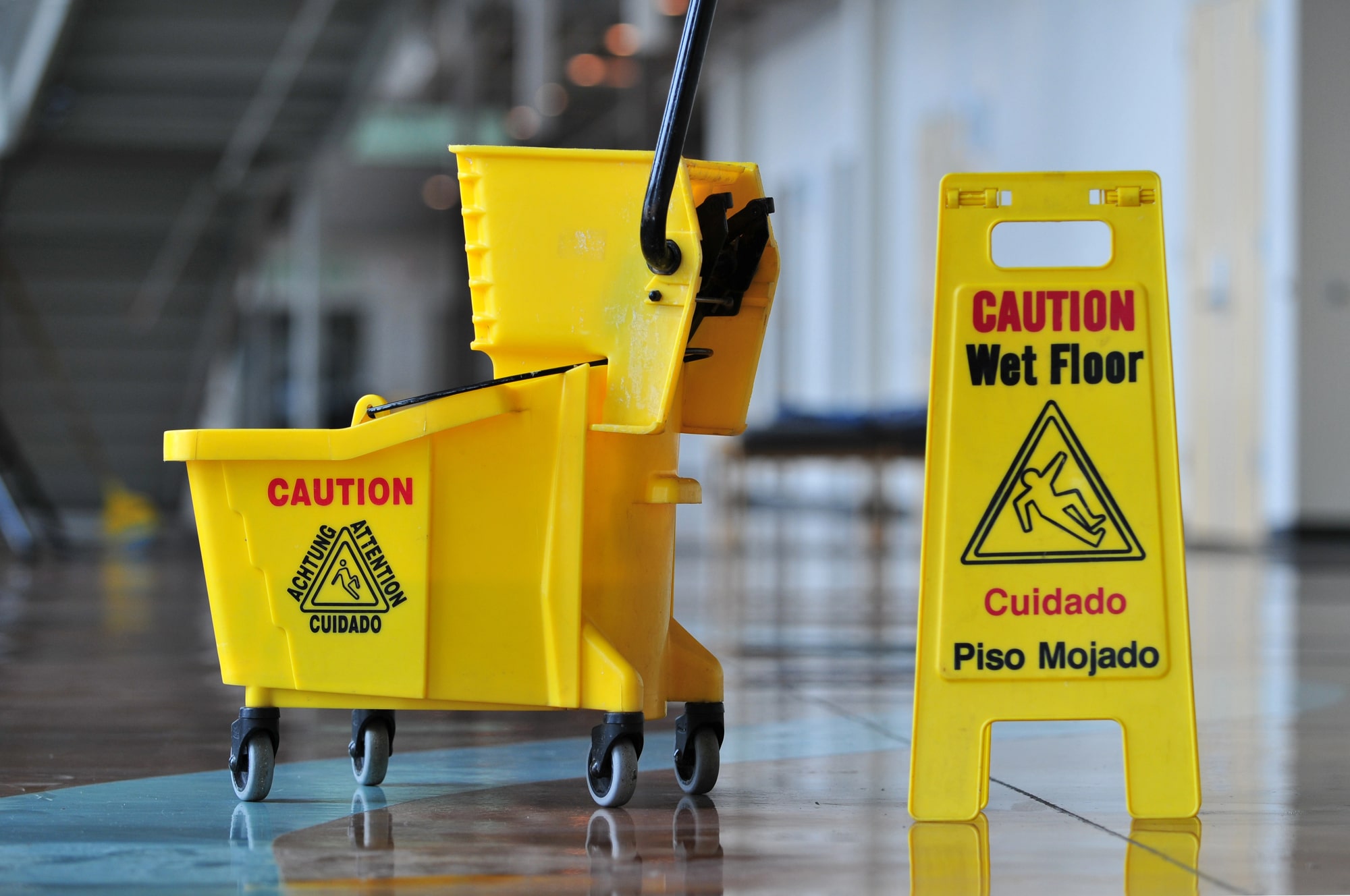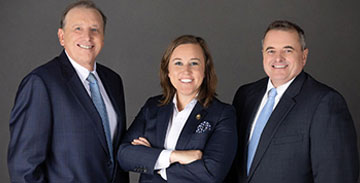Slip and fall accidents can happen anywhere—grocery stores, sidewalks, office buildings—and often when we least expect them. What may seem like a minor fall can lead to serious injuries, from broken bones to long-term back issues. Many people don’t know what steps to take after a fall or whether someone else might be legally responsible. That’s why it’s important to know how liability works in these cases and what your options are if you’re hurt due to someone else’s carelessness.
How Liability Works In Slip And Fall Cases
When someone is injured after slipping or tripping on someone else’s property, the legal concept involved is called premises liability. Property owners and managers have a legal duty to maintain reasonably safe conditions for people who are lawfully on their property. If they fail to correct a hazard or fail to warn about it, they may be held responsible for any resulting injuries.
This duty applies to both public and private property. For example, if a store fails to clean up a spilled drink in a timely manner, or if a landlord doesn’t fix broken stairs, those oversights can lead to valid legal claims. However, not every slip and fall incident qualifies as a claim. The specific facts of the case—what caused the fall, how long the hazard was present, and what actions were taken to address it—will determine if there’s legal responsibility.
The Importance Of Property Owner Obligations
The law doesn’t require property owners to guarantee everyone’s safety, but it does require them to take reasonable steps to prevent avoidable harm. That means conducting regular inspections, fixing dangerous conditions, and posting visible warnings when immediate repairs aren’t possible. If those steps aren’t taken and someone gets hurt, the property owner may be liable.
It’s also worth noting that injured people have responsibilities too. For instance, if someone ignores obvious warning signs or enters an area where they weren’t allowed to be, that may reduce or eliminate their right to recover damages. Comparative fault rules, which apply in many jurisdictions including Louisiana, allow compensation to be reduced based on the injured person’s share of fault.
What Makes A Slip And Fall Case Stronger
Cases are generally stronger when the hazard that caused the fall was clearly dangerous, had been there long enough that the owner should have known about it, and there were no warnings posted. For example, if someone slips on a wet floor in a supermarket where there was no sign and employees hadn’t cleaned it for over an hour, there may be strong grounds for a claim.
On the other hand, cases tend to be weaker when the danger was obvious or temporary. If someone trips on a clearly visible object or slips during a sudden rainstorm just after entering a building, it’s harder to argue the property owner acted unreasonably. Time, evidence, and witness statements all play a role in determining whether the claim holds up.
Steps To Take After A Fall
If we experience a slip and fall, we should first seek medical attention—even if injuries seem minor at first. Then, it’s a good idea to document the scene by taking photos, collecting names of any witnesses, and reporting the incident to the property owner or manager. These actions help create a record of what happened, which can be important later on.
We should also avoid giving recorded statements to insurance companies or signing anything without legal guidance. These steps can affect our ability to pursue a fair outcome. Speaking with a legal team familiar with injury law can help clarify what legal options are available.
Help Is Available When It Matters Most
If you’ve been hurt in a fall on someone else’s property, the law may give you the right to seek compensation for your injuries, medical bills, and missed work. At Kiefer & Kiefer, we’ve worked with many people in similar situations and know how to evaluate what happened and what can be done. If you’re looking for our New Orleans, LA slip and fall lawyer, we’re here to listen and help you figure out your next steps.
Call us today for a free consultation to talk through your situation and find out if you have a claim worth pursuing.



